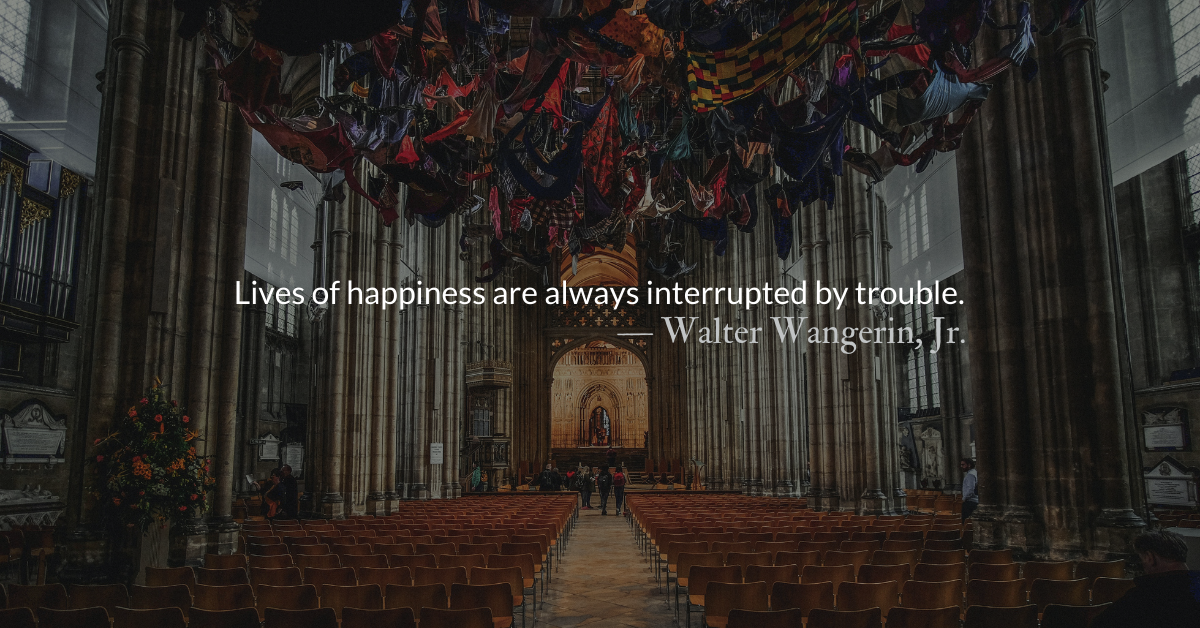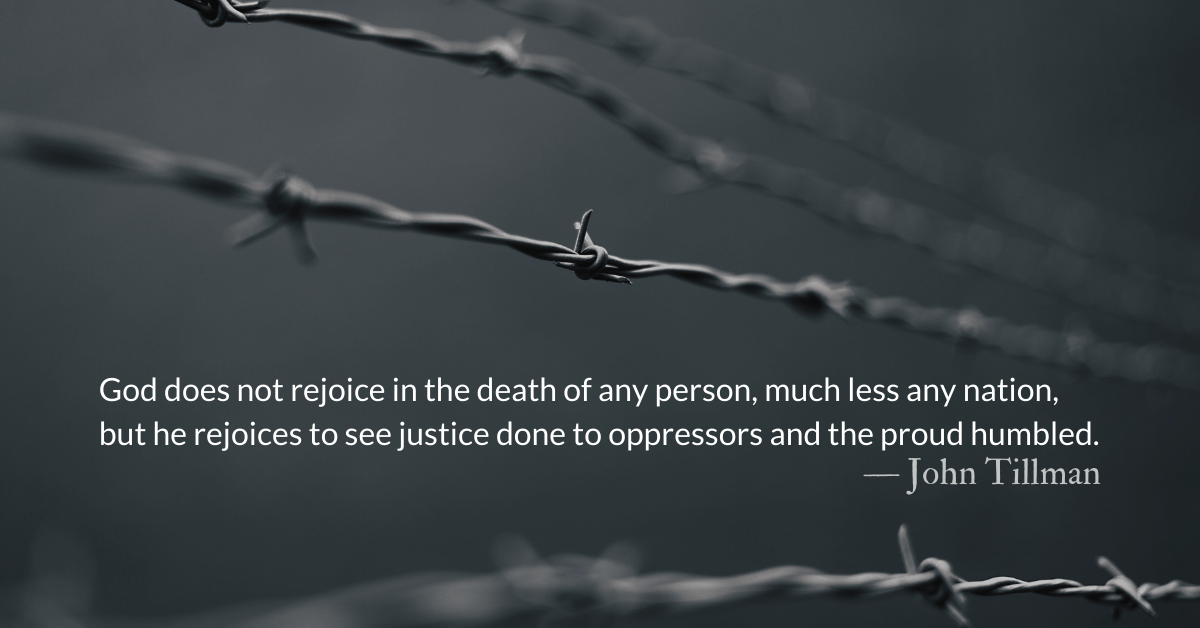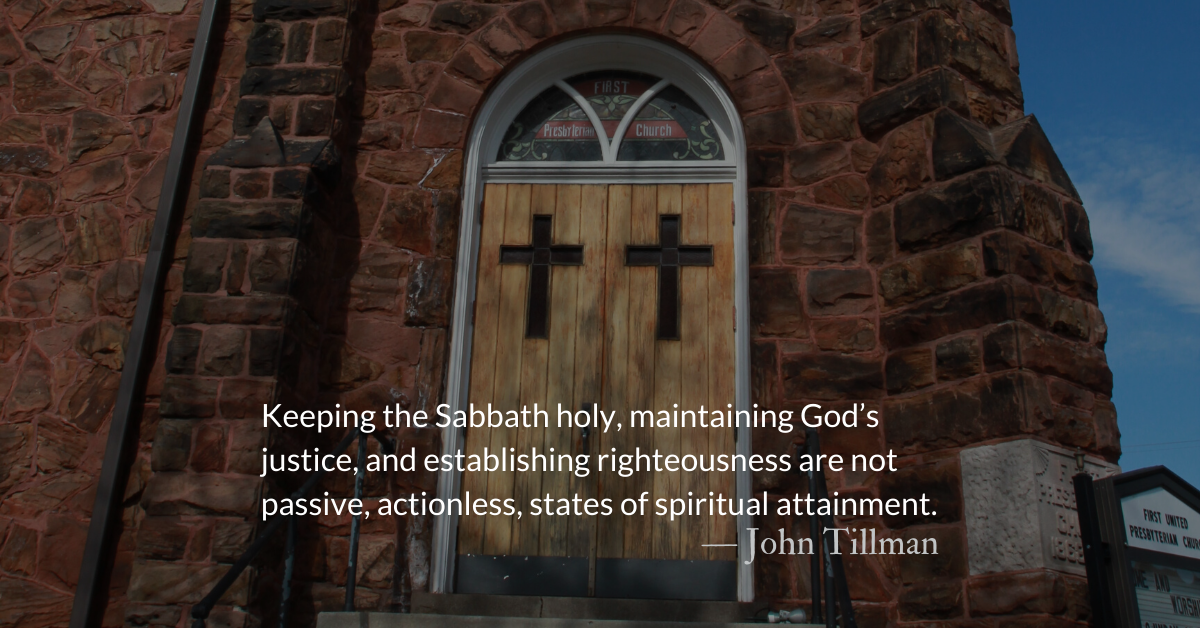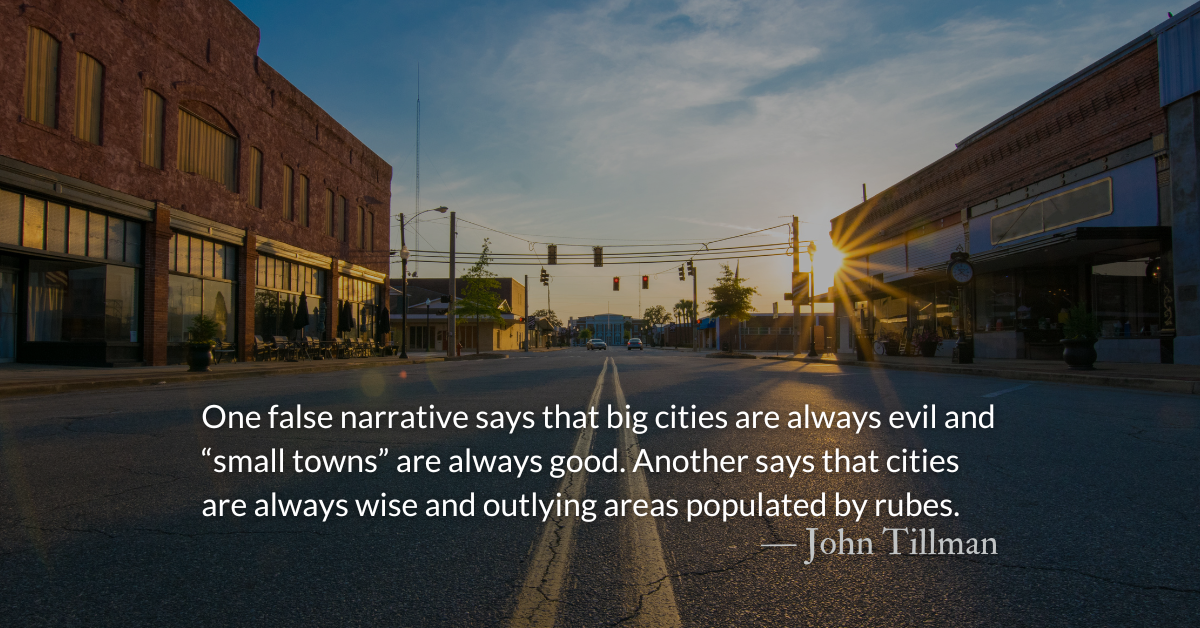Thank you, 2020 donors!
Over 90 donors supported us this year with donations of all sizes! Our 2021 ministry could not continue without you!
Follow this link to write a thank you note to our donors who make it possible for us to continue this ministry. We’d love to have your help in thanking them throughout this year. You can also still become a donor with a one-time or monthly donation in 2021. For more information, visit the link to our support page.
Peace,
John
Scripture Focus: Genesis 4.6-7
6 Then the Lord said to Cain, “Why are you angry? Why is your face downcast? 7 If you do what is right, will you not be accepted? But if you do not do what is right, sin is crouching at your door; it desires to have you, but you must rule over it.”
Matthew 4.8-11
8 Again, the devil took him to a very high mountain and showed him all the kingdoms of the world and their splendor. 9 “All this I will give you,” he said, “if you will bow down and worship me.”
10 Jesus said to him, “Away from me, Satan! For it is written: ‘Worship the Lord your God, and serve him only.’”
11 Then the devil left him, and angels came and attended him.
Reflection: Who Needs Anger?
By John Tillman
Anger is just one of the devil’s tools that he uses as he “crouches at the door,” ready to master us as he did Cain, longing to sift us as he did Peter. (Luke 22.31-32) When Jesus condemned being angry at one’s brother as being comparable to murder, (Matthew 5.21-22) it is likely that he had Cain’s anger, and its result, in mind.
Anger is out of control in our society. Two of the main reasons why are that anger feels good and anger is profitable.
Anger feels good? Yes. We get a rush of self-righteousness from anger. Anger gives us a false feeling of control. We feel as if by our anger we are doing something about a problem.
Anger is also profitable. How? Because it is a reliable trigger for manipulation. Satan knew this in the garden and used anger to manipulate Cain. Article writers know this. Politicians know this. Advertisers know this. Angry readers click and share without verifying facts. Angry voters vote rashly. Angry consumers are suggestible and susceptible. Angry citizens tolerate and ignore the abuses of leaders who stoke their anger.
The sin of anger hides in other things. Anger hides in misguided love. (Abusive husbands and parents “love” their wives and children. Abusive leaders “love” their country.) Anger hides in our desires for justice. Anger tempts us to seize control. Jesus was tempted to seize the kingdoms of the world in the wilderness. Peter attempted to seize control with a sword in the garden.
In an age of anger, God’s question to Cain is more relevant to us than ever. God asks, “Why are you angry?”
Are you being manipulated by anger? What is motivating your anger? What is your anger prompting you to do? Will you do it? Who will profit when you do?
How we respond to anger will determine how easily we will be manipulated. The anger that so easily trips us up reveals our need for Jesus. Peter thought Jesus needed him in the garden. Many today think that Jesus needs the angry swings of our social media swords or other dangerous weapons. Jesus doesn’t need our anger. We need his peace.
Satan may sift us like wheat, but after we have turned back, may we, like Peter, strengthen our brothers with love and not anger. May we lay down our angry swords and take up feeding his lambs and carrying our cross.
Divine Hours Prayer: The Call to Prayer
Open my eyes, that I may see the wonders of your low. — Psalm 34.3
– Divine Hours prayers from The Divine Hours: Prayers for Autumn and Wintertime by Phyllis Tickle
Today’s Readings
Genesis 4 (Listen – 3:54)
Matthew 4 (Listen – 3:09)
Read more about The Focus of Christ’s Anger
In our culture of outrage, we can’t get enough of anger.
Read more about God’s Regret and Samuel’s Anger
Samuel’s mourning for Saul and angry night of prayer helped him share God’s regret and rejection of the man he formerly supported.











